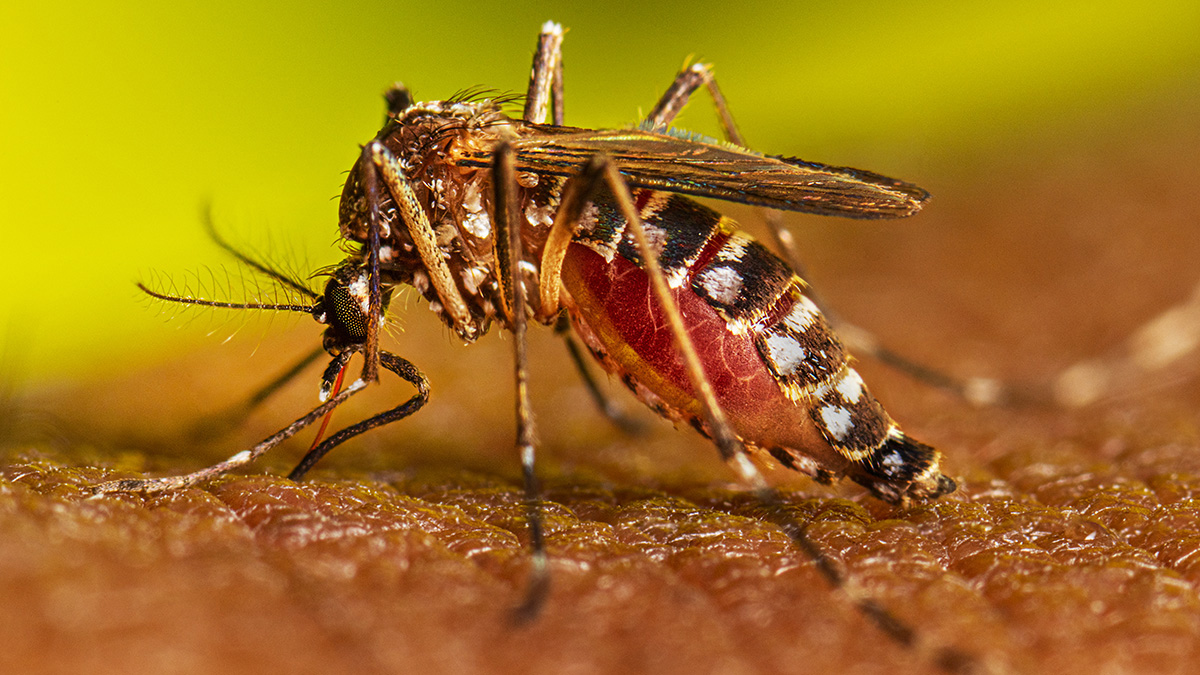International
The controversy on Dengue Vaccine in the Philippines, none knows about

A prominent pediatrician and medical researcher in the Philippines has been indicted for the failed and, in the opinion of many, premature introduction of Dengvaxia, a dengue vaccine that was withdrawn from the Philippine market in 2017 due to safety concerns. Rose Capeding, 63, went on trial for a mass vaccination campaign that went awry.
It was a sensational case in which the researchers who conducted the trials were held liable for side effects.
In February 2019, prosecutors concluded that probable cause exists to indict Capeding and 19 others for “reckless recklessness resulting in murder” because they “facilitated, with undue haste,” the approval of Dengvaxia and its rollout among Filipino schoolchildren.
Capeding, through his family, declined to comment, but his son Juhani Capeding says his mother “could not have imagined” that submitting research to top medical journals could have led “to this point.” Some of Capeding’s colleagues agree. “As a scientist, I feel really disgusted, dismayed, and heartbroken about the whole situation,” says Lulu Bravo, executive director of the Philippine Vaccination Foundation.
In 2019, the Philippines cancelled its authorization for the use of Dengvaxia.
Dengvaxia is a controversial vaccine.
Degngvaxia had been presented in 2015 by Sanofi as the vaccine that would solve the dengue problem, and it seemed like a favor to the Philippine government to be the first in the world to approve it and thus vaccinate children en masse. As of 2018, the vaccine is also approved in the EU.
Dengvaxia consists of an attenuated yellow fever virus that expresses genes from each of the four dengue virus types. The Philippine FDA gave the go-ahead to the vaccine in December 2015, based on research funded by Sanofi Pasteur in which Capeding played an important role. For example, she was the first author of a 2014 paper published in The Lancet detailing a study of more than 10,000 children in five Asian countries that showed Dengvaxia worked and had a good safety profile. In April 2016, the Philippine government launched a $67 million public school vaccination program for dengue fever.
This alarmed some scientists because the dengue virus is peculiar: A first infection is rarely fatal, but a second one with a different type of virus can lead to much more severe disease because of what is called antibody-dependent enhancement (ADE), in which the immune response to the first virus amplifies the effect of the second type. So the vaccine would not be suitable for mass vaccination but should be seen as a kind of additional treatment for those who have been affected. In contrast, spreading it en masse may expose the possibility of reinfection with much more serious effects.
Scott Halstead, a retired dengue expert who formerly worked at the Uniformed Services University of the Health Sciences in Bethesda, Maryland, argued that dengue vaccines could have the same effect as an initial infection and warned that Dengvaxia should not be given to children never infected with dengue. But a World Health Organization (WHO) panel of vaccine experts concluded in 2016 that dengue fever is safe for children aged 9 and older.
Halstead’s concerns proved valid. In November 2017, Sanofi Pasteur announced that the vaccine could actually exacerbate dengue cases in previously uninfected children, and the Philippines immediately stopped the campaign. (WHO now recommends using the vaccine only after a test to ensure that children have had at least one contact with dengue.) The problem is that , in the meantime, a large number of children had been vaccinated.
By then, the damage had been done
The news infuriated and frightened the parents of some 830,000 schoolchildren who had already received one or more dengvaxia doses. Given the high prevalence of dengue in the Philippines, most of them had probably already had the disease at least once and thus were not at risk of ADE, but some had not; they had not been infected, and we were talking about 10 percent. In September 2018, DOH Undersecretary Enrique Domingo told reporters that 130 vaccinated children had died; 19 of them had dengue, meaning that ADE could have played a role.
scientific world splits
The scientific medical world split sharply over the issue: many scientists stood up for Capeding, who had been responsible for the scientific trial, because holding her responsible for any side effects is considered excessive and witch-hunting-like.
But Halstead says the studies Capeding helped conduct were not well designed; if the researchers had looked separately at the outcomes of children who did and did not have dengue before the injection, they would have identified the risk of ADE, he says. However, he notes that the Sanofi and WHO committees designed the studies, not Capeding. He would not say whether criminal charges are warranted: “This is a very complex ethical and scientific issue that needs to be handled carefully.”
Sanofi defended the investigated officials. Capeding is certainly currently at large and continues to be involved in vaccination, so we must assume that the charges have been dropped or the trial is still ongoing.
Dengvaxia is not the only vaccine for Dengue
In addition to Dengvaxia, there is a second vaccine, developed by Takeda and Qdega. Neither vaccine provides complete coverage; Qdega is very effective against Dengue type 2 but moderately effective against the other forms. Dengvaxia also has an efficacy between 56.5% , verified in Asia and 64.7% , verified in South America, and its






